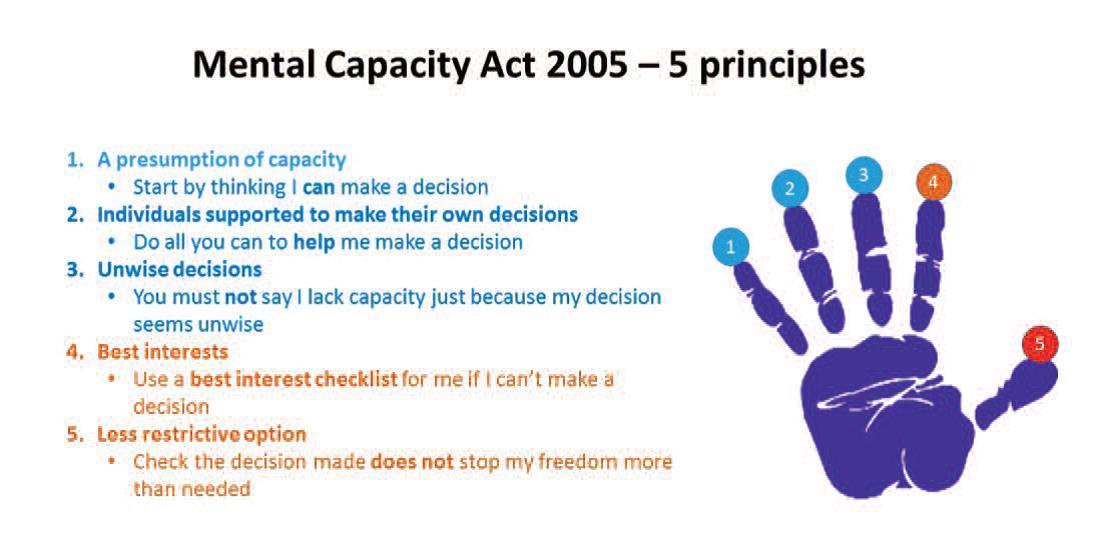If you are looking at this page, an autistic person has just handed you an autism alert card.
An autism alert card is a document to indicate the communication needs of an autistic person. They may not be able to speak to you right now or explain their needs succinctly. An alert card is a way of providing that information.
Our alert cards are customisable, and specific instructions to support the autistic person will be provided on the back of the card. This may include details about their communication needs or how to manage a difficulty they may be having. Please read the information carefully. Once you have met one autistic person, you have met one autistic person. Any autistic people you have known or worked with previously may not have the same needs as the person who has handed you this card.
Autism is a neurological difference that causes autistic people to process sensory and other information in a different way to the majority of people. This also affects the way that we express ourselves. An autistic person may not act “normally” to you, but be acting normally for them.
Emergencies: For some autistic people, some sensory inputs (such as loud noises, bright lights, or lots of people) can be overwhelming and cause great distress. Some autistic people also struggle to express themselves in a way that can be understood by some people, particularly if they are upset or anxious. These can affect the way that the autistic person reacts to a situation. Please follow the instructions on the card and remain calm and supportive.
If an autistic person is having a extreme reaction to a situation or environment (this is sometimes known as a “meltdown”), they may benefit from a safe place away from the source of the distress to calm down and self-regulate. Please do not physically touch the autistic person where possible, as this may make things worse.
For professionals:
Autistic adults are considered vulnerable persons and/or disabled by most governments and are entitled to any additional support provided by your service to vulnerable or disabled persons to safeguard their welfare.
Autistic people are entitled to an appropriate adult or independent advocate to accompany them to interviews, ward rounds or hearings where these are available within your legal jurisdiction.
Being autistic does NOT mean that autistic people lack mental capacity to make decisions. All professionals interacting with an autistic person should abide by the five key principles of mental capacity. This is legally enforceable within the UK under the Mental Capacity Act 2005.

Additional information:
Am I Autistic – an overview of being autistic and how autistic people experience the world.
The Adult Asperger’s Assessment – an online version of a typical diagnostic test.
Customisable alert card – order your own!